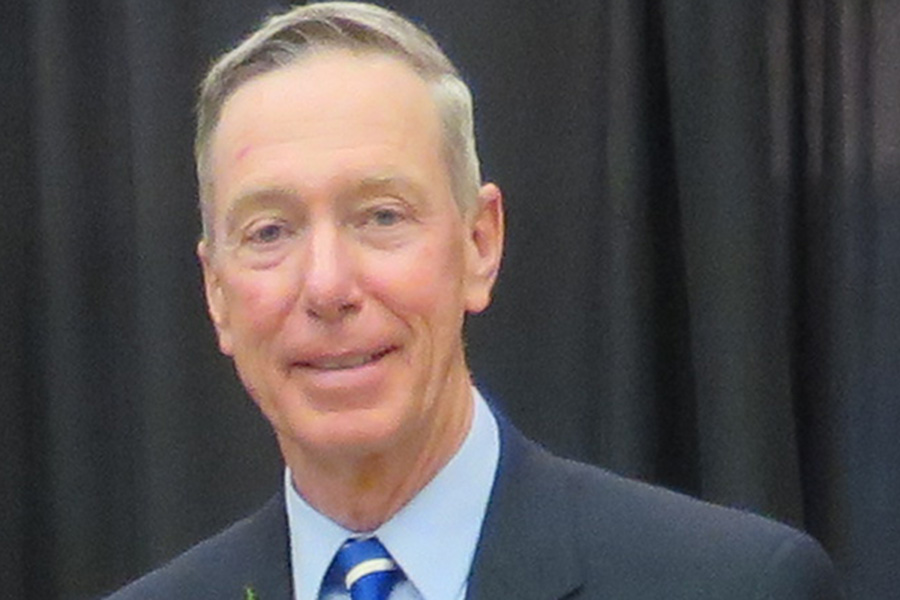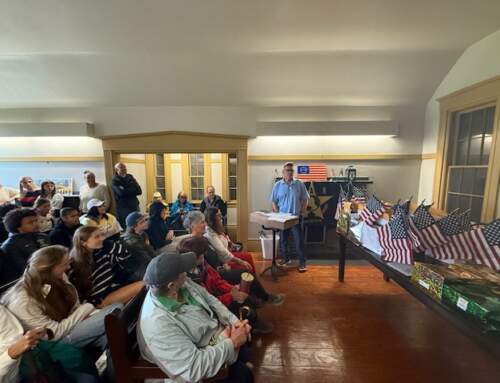by Rick Winterson
First, let’s look at some “demographics” in Washington. As everyone knows, in the recent mid-term elections American voters sent a Democratic majority to the U.S. House of Representatives. By itself, that’s not unusual. In fact, out of 50 mid-term elections in our history, only three times did the House fail (!) to change hands. This means that the House now has a large number of new, younger Democrats – age 50 or less – while its leaders, mostly senior House members, are in their late 70s and 80s. Calls for new leadership have been frequently heard since the November 6 elections.
South Boston’s Congressman Stephen Lynch was interviewed by “On the Record” (OTR, Channel 5) last Sunday. Lynch himself has been a member of the House since 2001, when he replaced Joseph Moakley. Lynch has now risen to head the key House Committee on National Security. In his opening remarks, he affirmed that he was a lifelong Democrat and would support whatever Democratic leaders would be appointed by the new Democratic majority.
However, despite his promise to support Democratic House leadership, he was very specific in stating his opinion that Nancy Pelosi should be replaced. He admitted she was a capable fundraiser, but said that led to an “insider” style of leadership. Lynch also was specific in stating his opinion that the Democratic Party, starting in Washington, has to move towards the political center. When asked for his reasons by the OTR interviewers, Lynch simply and emphatically stated that by keeping House leadership as it is, “We risk losing our majority in the House in the next (2020) elections.”
In answer to a question about illegal immigrants, Lynch maintained that asylum requests should be conducted in a “thoughtful, slow, and safe manner”. Lynch then stated that National Grid, as a recipient of certain public funds, ought to take the lead in settling their months-old lockout. He came out against the taxing of health benefits, claiming (emphatically, in a heated tone) these were benefits first obtained by union actions, including picket lines, and are off-limits regarding taxation. Interestingly, Lynch also stated that the death of Whitey Bulger needs to be investigated more thoroughly.
After once again mentioning the risk of losing the Democratic House majority. Lynch closed the interview, which he had handled in his usual courteous and logical way of speaking.






